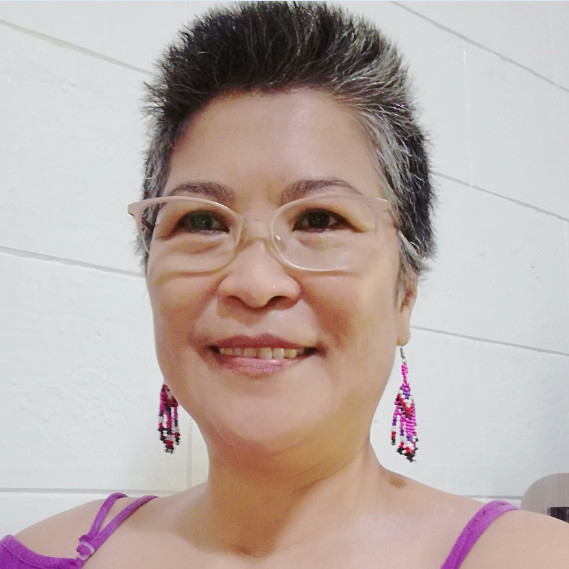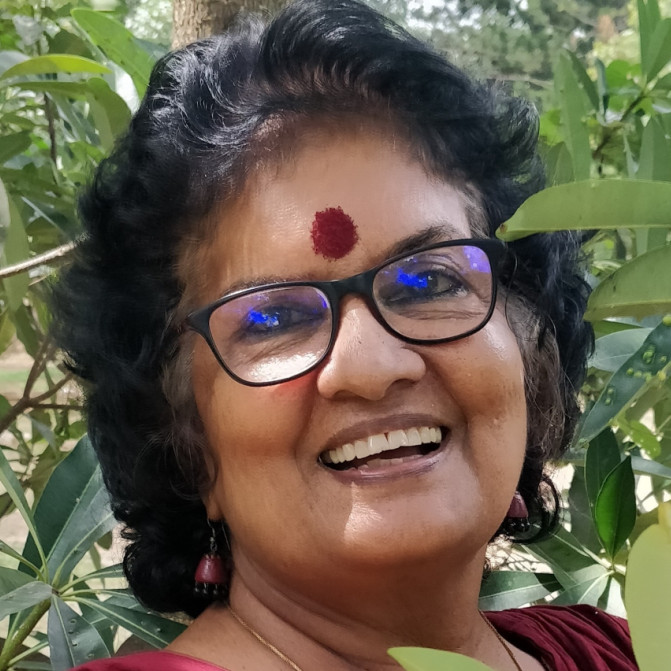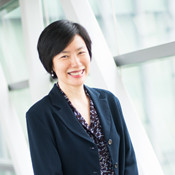ICF holds Virtual Seminar-Workshop on the Intersection of Religion, Gender and Human Rights
Last Updated (Thursday, 05 November 2020 17:31)
ICF will hold a series of sessions that comprise the virtual seminar-workshop on The Intersection of Religion, Gender and Human Rights on November 19 and 26, and December 3 and 10, 2020. All the session proper will cover two hours, from 4:00 p.m. to 6:00 p.m., except for the session on November 26, 2020 that will take place from 5:00-7:00 p.m. Admission into the rooms will begin at 30 minutes before the session starts.
The sessions are open to public but interested person must register at ICF’s website, interfaithforum.org.
The activity is ICF’s way of aligning with UN’s “16-Days of Activism against gender-based violence that starts on November 25 and ends on December 10, 2020. The sessions will be on Thursdays to weave into the UN’s call and the World Council of Churches campaign #ThursdaysinBlack in “resisting attitudes and practices that permit rape and violence, and to show respect for women who are resilient in the face of injustice and violence.”
While ICF conceived this program within the framework of a thematic workshop for the young people, this program is open to anyone who is interested to join. Please visit ICF's website, interfaithforum.org to register and signify the topics of your interest.
Each session carries one objective as outlined below, so that whatever religious tradition the participants come from, they should be able to -
- identify the interconnection of religious views on gender and women’s sexuality with various forms of sexual abuse;
- formulate one’s personal answer to the question: “Is God’s love exclusive for the straight people?”
- explain why health is a human right and a peace issue, and connect this especially with the struggles of Persons with Disability and of those afflicted with HIV and AIDS; and
- analyze the situation of women in different sectors and explain how people and their respective government systems either uphold or violate women’s rights.
| Dates and Time |
Topics | Resource Persons |
|
November 19 – Thursday 4:00 – 6:00 HKT
|
Religion, Femicide, and Various Forms of Sexual Abuse |
Dr. Liza Lamis – Executive Secretary, International Fellowship of the Least Coin Ms. Mercy Kappen – Executive Director,Vishtar, Bangalore, India |
|
November 26 – Thursday 5:00 – 7:00 HK time
|
Religion and LGBT Communities: “Is God’s Love Exclusive for the Straight People?” |
Dr. Sharon Bong – Associate Professor of Gender Studies, Monash University Malaysia; Dr. Al Fuertes – Associate Professor, George Mason University, Virginia specializing in psycho-social trauma healing as an important component of conflict transformation |
|
December 3 - Thursday 4:00 – 6:00 HK time
|
Health as Human Rights and Peace Issue (incorporating the effect of the COVID-19 pandemic on the Persons with Disabilities and those afflicted with HIV/AIDS) |
Dr. Erlinda Senturias – physician, former WCC and CCA consultant on the church's role in Addressing HIV/AIDS, now based in the Philippines Dr. Tabita Kartika Christiani – Associate Professor, Duta Wacana Faculty of Theology, Yogyakarta, Indonesia |
|
December 10 –Thursday 4:00 – 6:00 HK time
|
Women’s Rights are Human Rights |
Hon. Samira Gutoc – lawmaker, journalist, Human Rights champion Dr. Sonia George – General Secretary, Self-Employed Women's Association (SEWA) |
 |
 |
 |
 |
| ↑ Dr. Liza Lamis | ↑ Ms. Mercy Kappen | ↑ Dr. Sharon Bong | ↑ Dr. Al Fuertes |
For those who are interested to join as Regular Participants
Those who wish to participate as regular participants of this virtual Seminar-Workshop must be present in all four (4) sessions and carry out some requirements such as reflection papers, and do some readings on the topics during each week. Those who complete the sessions will receive a reimbursement of their internet connection expenses at the end of the four meetings. They could also prepare a proposal on a doable project that in relation to any of the four themes. The participant-proponent will then implement these projects in their communities at least two weeks after the 4th session.
~ Muriel Orevillo-Montenegro, ICF Coordinator
